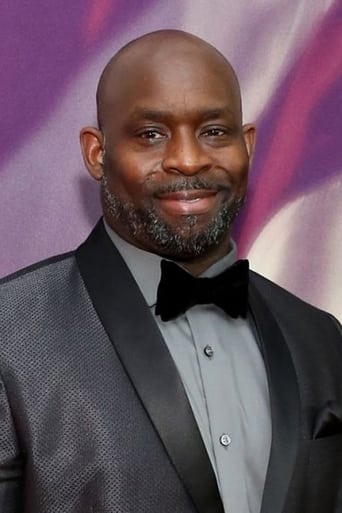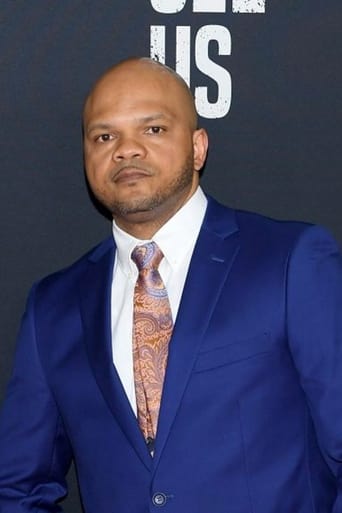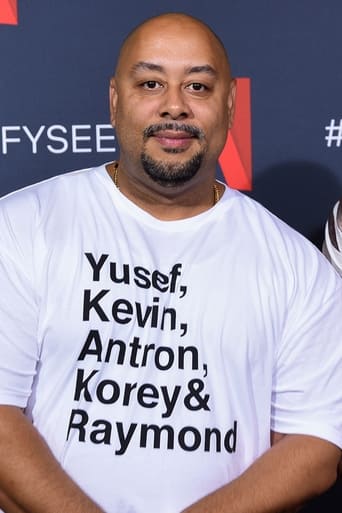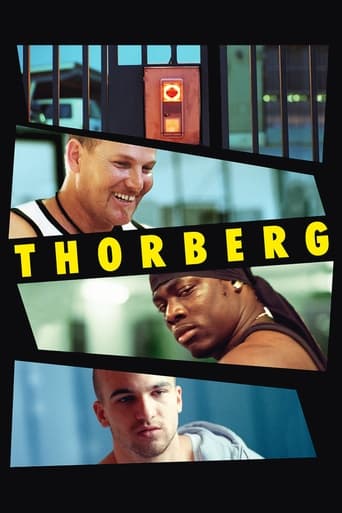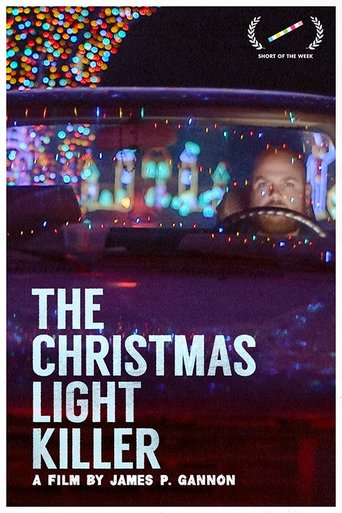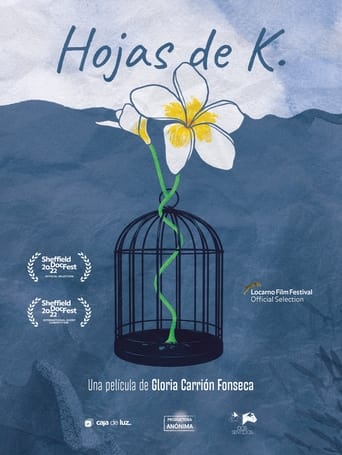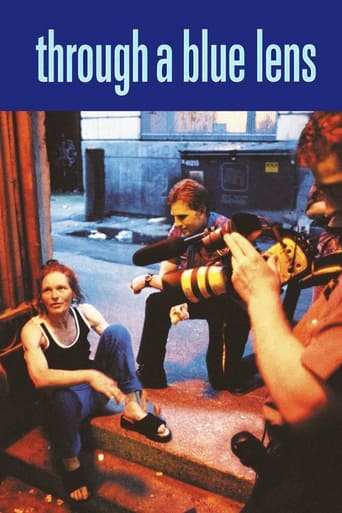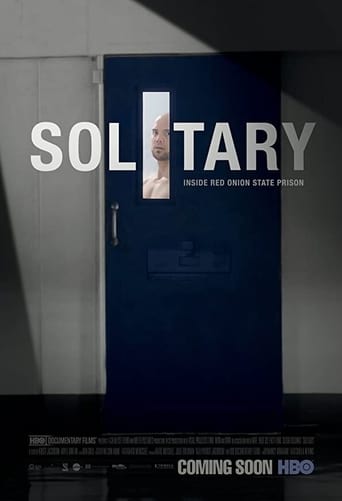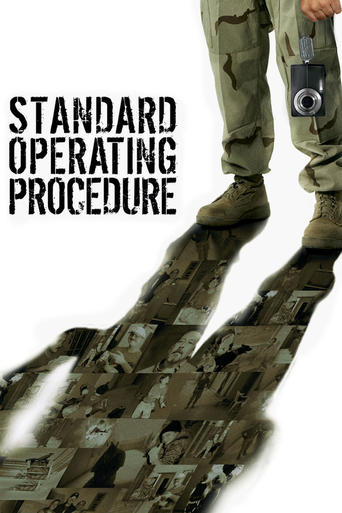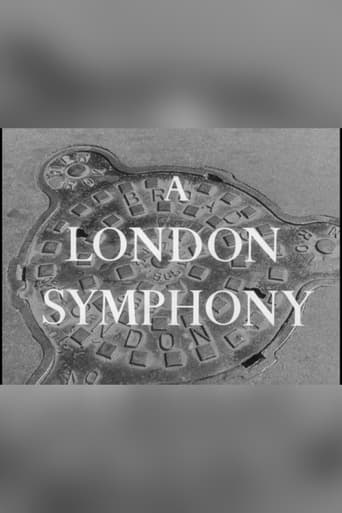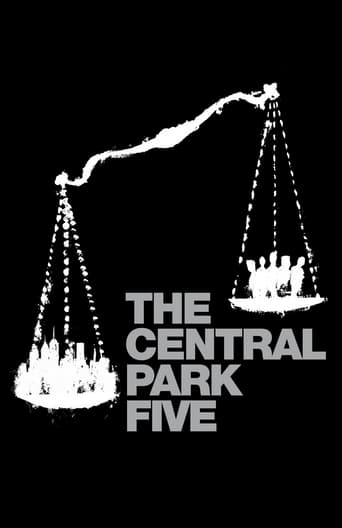
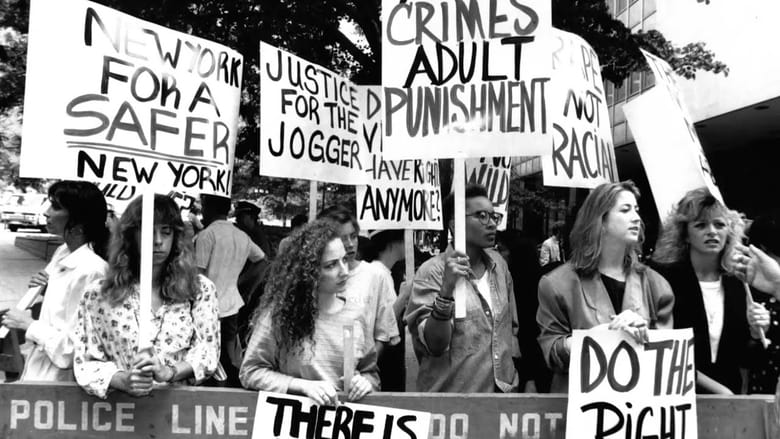
The Central Park Five (2012)
In 1989, five black and Latino teenagers from Harlem were arrested and later convicted of raping a white woman in New York City's Central Park. They spent between 6 and 13 years in prison before a serial rapist confessed that he alone had committed the crime, leading to their convictions being overturned. Set against a backdrop of a decaying city beset by violence and racial tension, this is the story of that horrific crime, the rush to judgment by the police, a media clamoring for sensational stories and an outraged public, and the five lives upended by this miscarriage of justice.
Watch Trailer
Cast


Similar titles
Reviews
The "Central Park Five" documentary by Ken and Sarah Burns, and David McMahon invite viewers to see the side of five once young black men that were falsely accused of a rape that caused them to do thirteen to fifteen years of time in jail. We hear from lawyers, journalist, the men themselves, and more through interviews about their take on this life- changing situation.This documentary was so eye opening and most likely one of my favorites, directors did a great job with the visuals. They didn't lack a thing when it came to helping the viewers get a better image of the time period and event. There were visuals of headlines and old news recordings even visuals of the young men being questioned by detectives. This documentary touched me and I'm sure it touched others especially those of minorities. This gave the five men a chance to finally speak up and be heard. For many years the media and society due to the system giving them an image of who they weren't bashed these men. This documentary holds so much emotion from sadness to anger, as you listen to their experience of how much they lost. One thing I noticed, you will not sense any type of anger from the men themselves but more of sadness. I'd recommend that everyone should take the time to watch this, not just people of color. I will say that I did think this documentary was toward the people of minority. Being a person of color, especially during the past few years, it's been an issue that people of color feel mistreated by the system. But, I feel everyone should see this and take it in that this issue of the system did exist and should know it's still current.
Central Park Five is very interesting documentary that is about a 1989 rape case and trial that occurred in Central park where five teenage African-American and Latino boys were convicted for sexually assaulting a white woman. Having spent 6-13 years each behind bars. A serial rapist confessed to the crime. Nevertheless, these boys were falsely convicted of a crime they did not participate in, and were stripped of their lives due to the corruption of police interrogations, and racism. As I watched this film I was compelled with the amount of pathos that Ken and Sarah Burns used in the film. From all of the stories of how the kids felt when they were going through the trial and the interrogations to all the images of and footages of them in these interrogations. Watching the videos and seeing the expressions on their faces really made me feel for them. But on top of all of this, the film made me really upset with the way that the police system was at the time. Having no real evidence that the five guys were connected to this case, they were able to persuade the kids to say what the police wanted to hear. The police did the wrong thing and everybody knows it. While listening to the interviews you can tell that the stories did not line up and some of the kids were nervous enough that they were unsure of what they were saying and second-guessing themselves. On top of that the police assumed they were the guilty party when they found them. Now as the film says there were other people in and around the park at the time, but they got a party of five African American teenage guys, that were walking around. Now how does that not fit profiling? Or how about racism? That is racism mostly at its finest, they found a group of "sketchy" African Americans and arrested them, and eventually convicted them with no real proof that they all did it. This made me upset, no I'm not African American but I feel like most people that it was unjust for them to do this and racism is not right in anyway, and it would get under anybody's nerves. Luckily the right guy did come out but only 13 years after the fact. But they did give the guys money for the time spent in jail so isn't that fair for them? not at all they took away the main part of a persons life. They took away there late teens and most of the there young adult years where most people learn the most of who they are and how to live in the world. These are times that will never be able to get back and nobody will ever be able to repay them with that experience.
As someone who remembers this case well, it's pretty sobering to be faced with these five men 23 years after the fact recounting their version of events that occurred when they were teens and hard not to feel sorry for them. Worse, one can't help but wonder how such a miscarriage of justice could have happened with everybody watching. All I can think is that these boys were handy scapegoats for a decade of out-of-control crime and violence in New York and they became sacrificial lambs. Somebody had to pay the price. These five just happened to be in the wrong place at the wrong time, admittedly doing the wrong thing (running with a mob of teens committing random attacks on white joggers and bicyclists), and the cops needed convenient suspects who were young and vulnerable enough to be manipulated into confessing to the most serious crime that occurred that night. Their convictions and a handful of other high-profile incidents during the Dinkins administration paved the way for the election of Rudolph Giuliani as mayor and a new era of proactive law enforcement and a relentless stop-and-frisk campaign aimed at black and Latino men in the city's poorer communities.Does the film make its case without flaws? No. The deck is too stacked. They should have allowed some representative of the police or D.A.'s office to explain themselves. Michael F. Armstrong, counsel for the NYPD, says he spent half-a-day being interviewed on camera for the film and was then not included in the final cut. Some attention should have been given to what these five boys were doing in the park that night and what other crimes they themselves might have been implicated in. Yes, they describe some acts they saw being committed by other boys and either outright deny their involvement or couch it in vague terms. I think it would have been good to know if the police had direct evidence of these boys' participation in other crimes that night. For one thing, it would mean these kids might not have been the saints they're made out to be, which of course doesn't justify false accusations and wrongful convictions, as the most vocal critics of this film seem to think, but it means recognizing a significant gray area here. If they actually did participate in the mob violence that night, some attention might have been usefully paid to the whole issue of how seemingly otherwise good kids from poor but stable homes with fathers present in their lives can get caught up in that kind of lawlessness.Also, more importantly, they should have had some expert on hand to address the whole phenomenon of false or coerced confessions and give their objective assessment of this particular case and perhaps give other known examples of established false confessions, just to provide some context and answer those critics who stand by the notion of absolute guilt based on confession. It's touched on in a couple of the interviews, but not by a recognized expert on the issue and not in any depth.Still, it's a powerful piece and has far fewer Ken Burns-style gimmicks than we see in his other films. He manages to stay out of his own way for much of the time and let the interview subjects have their say. Maybe that's a result of having directorial collaborators.
As someone who lived in New York at the time, this was a big story at the time and it has resonated through the years as a miscarriage of justice. Told at a languid pace, Social Psychologist Saul Kassin is probably the best thing about the film, as he explains why certain things were done and said (and intimated). What is less understood is the incredulity of some of the former defendants that they were accused of the crime and that they were interrogated for so long. This is standard police procedure to "break down" a suspect until they confess. And, they did confess. While these confessions turned out to be lies/fantasy, the film is trying to blame the police for this (their confessions were videotaped). Wrong place at the wrong time, and that is sad. The film is not bad, but it seems to be almost like it was done in a myopic manner, way too one sided. Of course the police etc declined to comment, but that makes the film a lot less effective. Also, and it has to be said, re-visiting this case brings back bad memories for everyone. So, if you did not know about the case, it is somewhat interesting, but if you were in New York then, its like looking at a documentary of the Bernie Goetz subway shooting in 1984. Its still a tough thing to revisit.


